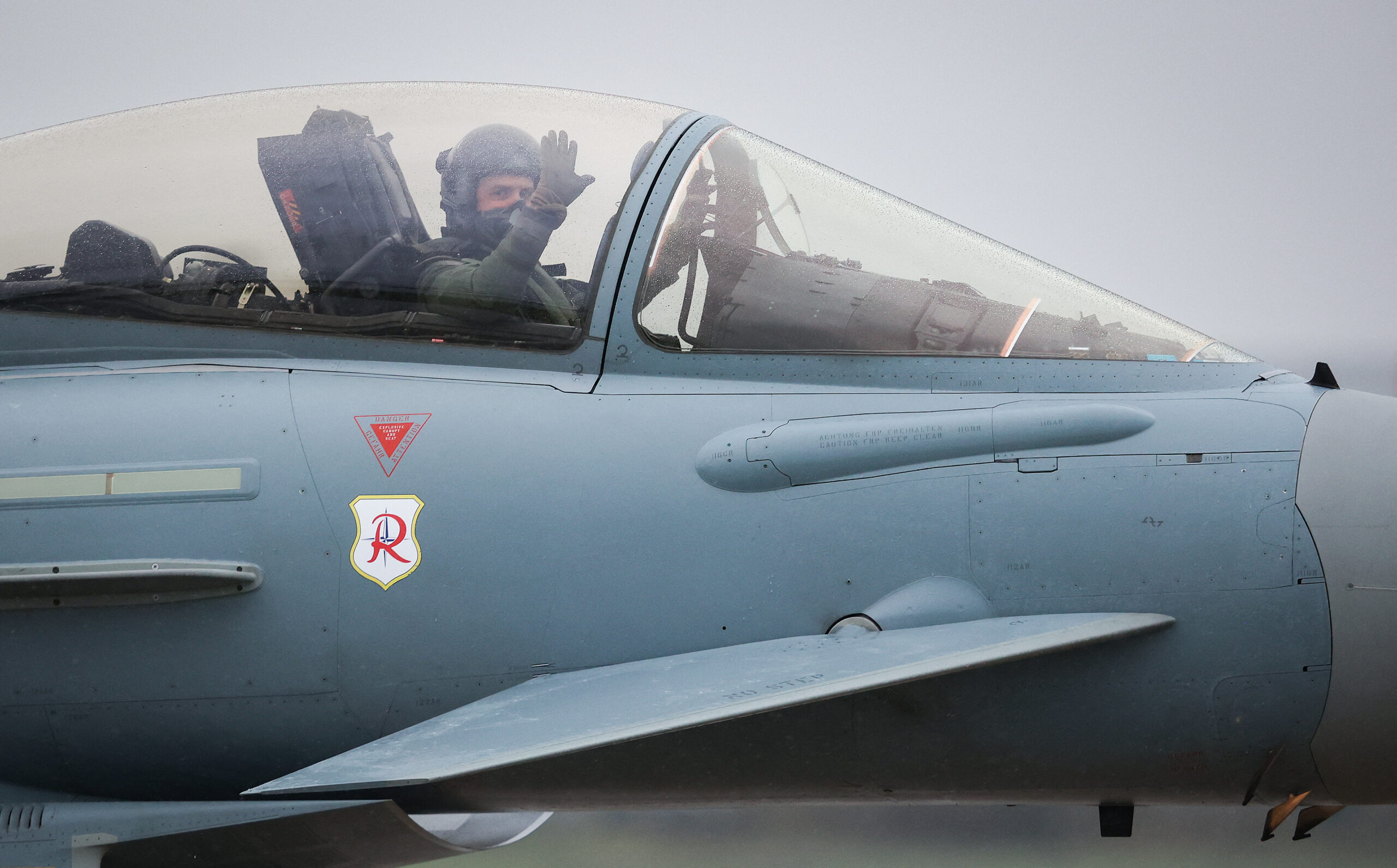Germany has authorized a significant increase in defense spending, with parliament approving a set of procurements worth over €7 billion (approximately $8.14 billion). The approval includes the acquisition of new combat jets, specifically an additional tranche of 20 Eurofighter aircraft, which is set to enhance the capabilities of the Luftwaffe, Germany’s air force.
The parliamentary Budget Committee has allocated around €3.75 billion (about $4.36 billion) for the Eurofighter purchase, marking more than half of the total funding approved. The delivery of these aircraft is scheduled between 2031 and 2034. Alongside the jets, the committee also sanctioned €412 million for essential maintenance parts and upgraded simulators for the aircraft.
As per German regulations, military procurements exceeding €25 million require approval from the parliamentary budget committee. On Wednesday, lawmakers endorsed a total of 14 major investments in defense capabilities. The new tranche-five Eurofighters will feature advanced EScan radars, vital for electronic warfare, and are intended to replace the aging fleet of Tornado aircraft currently in service.
Significant Upgrades and Additional Spending Plans
In addition to the Eurofighter procurement, the Budget Committee approved a proposal to enhance the existing Eurofighter fleet with updated electronic warfare capabilities. This upgrade, focusing on the suppression of enemy air defenses, is estimated to cost €1.13 billion and is expected to be completed by 2033.
Notably, the funding for the Eurofighter acquisition will come from the military’s regular budget rather than the special defense fund of €100 billion, which was established by the previous government following Russia’s invasion of Ukraine. Several other defense projects will utilise this special fund, reflecting Germany’s commitment to bolstering its military capabilities.
Among the newly approved spending plans are provisions for Boxer armored vehicles intended for training and medical missions, a contract for the production of light, air-droppable land combat vehicles, and the development of a new pontoon bridge for river crossings. The German navy will also benefit, with allocations for new medium-range boats designed for maritime special forces and mine-hunting sonar systems.
The recent approvals signify a decisive step in Germany’s rearmament strategy, aiming to establish itself as the strongest conventional military force in Europe. Since the beginning of 2023, the budgetary committee has endorsed 25 major procurement projects, reinforcing the nation’s commitment to enhancing its defense infrastructure and military readiness.






































































